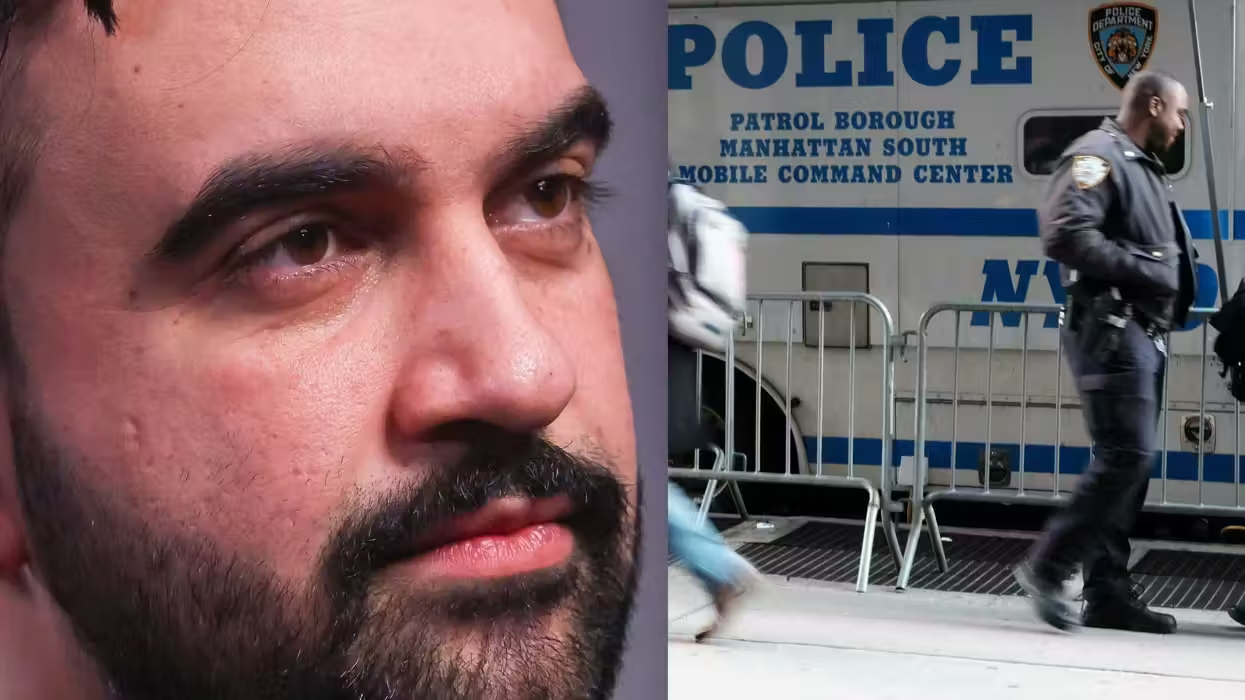
© 2026 Blaze Media LLC. All rights reserved.
 This 2005 photo provided by neighbor Barbara Frey and verified by Richard Novia, shows Adam Lanza. Credit: AP
This 2005 photo provided by neighbor Barbara Frey and verified by Richard Novia, shows Adam Lanza. Credit: AP
Scientists have reportedly been asked to search for an "evil" gene in the DNA of Adam Lanza, the 20-year-old who killed his mother before he opened fire at Sandy Hook Elementary School, slaughtering 20 children and six adults.
The study, which will be the first of its kind involving a mass murderer, will try to detect any abnormalities in Lanza's individual DNA, The Daily Mail reports.
Connecticut Medical Examiner H. Wayne Carver, who performed all the autopsies on the Sandy Hook victims, reportedly ordered the DNA analysis. He will conduct the study with the help of geneticists at the University of Connecticut.
 Adam Lanza, 20, who shot 26 people dead, 20 of them schoolchildren aged five to ten, and then shot himself at Sandy Hook Elementary School in Newtown, Connecticut on Friday. (Picture courtesy of Kate Foy)
Adam Lanza, 20, who shot 26 people dead, 20 of them schoolchildren aged five to ten, and then shot himself at Sandy Hook Elementary School in Newtown, Connecticut on Friday. (Picture courtesy of Kate Foy)
 In this handout provided by ABC News, shows a 2008 yearbook photo of Adam Lanza, at an unspecified time and place. (Photo: ABC News via Getty Images)
In this handout provided by ABC News, shows a 2008 yearbook photo of Adam Lanza, at an unspecified time and place. (Photo: ABC News via Getty Images)
Some researches say that some DNA mutations are known to be associated with aggressive and possibly violent behavior.
More from The Daily Mail:
Geneticists said they are likely looking at Lanza's DNA to detect a mutation or abnormality that could increase the risk of aggressive or violent behavior.They could [analyze] Lanza's entire genome in great detail and try to find any unexpected mutations.
Arthur Beaudet, a professor at Baylor College of Medicine, said the University of Connecticut geneticists are most likely trying to 'detect clear abnormalities of what we would call a mutation in a gene'.
He added: 'Or gene abnormalities and there are some abnormalities that are related to aggressive behavior.
'They might look for mutations that might be associated with mental illnesses and ones that might also increase the risk for violence.
However, Beaudet said there is a risk that people with similar genetic characteristics could potentially be discriminated against if there are significant findings. Still, he added, the research into Lanza's DNA could be important even if just a "fraction" have an abnormality or mutation.
"Not all of these people will have identifiable genetic abnormalities," Beaudet cautioned during an interview with ABC News.
"By studying genetic abnormalities we can learn more about conditions better and who is at risk and what might be dramatic treatments," he continued.
Police have not identified a motive for Lanza's killing spree. He was described by peers as a loner but was not known to have violent tendencies.
Want to leave a tip?
We answer to you. Help keep our content free of advertisers and big tech censorship by leaving a tip today.
Want to join the conversation?
Already a subscriber?
more stories
Sign up for the Blaze newsletter
By signing up, you agree to our Privacy Policy and Terms of Use, and agree to receive content that may sometimes include advertisements. You may opt out at any time.
Related Content
© 2026 Blaze Media LLC. All rights reserved.
Get the stories that matter most delivered directly to your inbox.
By signing up, you agree to our Privacy Policy and Terms of Use, and agree to receive content that may sometimes include advertisements. You may opt out at any time.






